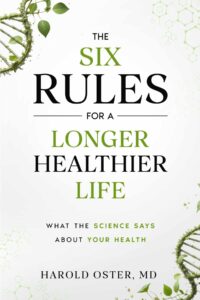Alcohol and Obesity

Alcohol and Obesity
There are many risks of alcohol. We all know about drinking and driving and the development of liver disease. Other risks are accidents in the home, heart failure, atrial fibrillation, and dementia. Alcohol increases the risk of multiple cancers, including breast, colon, esophagus, throat, and probably pancreatic.
In this post, I want to talk about the special problem of alcohol drinking in the overweight and obese. 42% of Americans are obese. Despite what some websites and the media say, obesity leads to many health problems, including heart disease and cancer. I want to focus on the liver. Non-alcoholic fatty liver disease, now called metabolic dysfunction-associated steatotic liver disease (MASLD), is a serious disease where fat accumulates in the liver. This can progress to cirrhosis, a major cause of end-stage liver disease and death. While most people with MASLD do not progress to cirrhosis, there are so many people with MASLD that it is now the leading cause of liver disease in the United States. As many as 57% of obese people have MASLD—fifty-seven percent. If you have diabetes, the risk is 70%. The full text is behind a paywall, but I have read it.
If over half of the 42% of obese in this country have MASLD, then more than 20% of American adults have MAFLD. It is higher than 20% in some studies. That alone is a serious health problem. But what about adding alcohol? It is now accepted that if you have MASLD, any alcohol significantly worsens the prognosis. It increases the fibrosis (scarring) of the liver and accelerates the progression to cirrhosis.
There are two significant points regarding this information. First, if you are obese, you should ask your doctor if you should have a liver ultrasound to see if you have MASLD. If you have fat in the liver, you should consider abstinence from alcohol. (I admit I am biased since I believe the vast majority of people would benefit significantly from abstinence.) If you don’t want to get an ultrasound, then you have a 57% chance of worsening your liver with drinking. Those odds would lead some people to quit drinking proactively.
There are benefits to alcohol use. No convincing health benefits, to my knowledge, but alcohol is pleasurable and can help some people relax in social situations. And don’t forget that everything has risks. My wife and son remind me that for most normal people, enjoyment is a benefit that can sometimes outweigh the health risks. (I suppose that means they don’t think I’m normal.) It is up to you, but, please consider the risks of drinking alcohol, especially if you are obese or diabetic.

